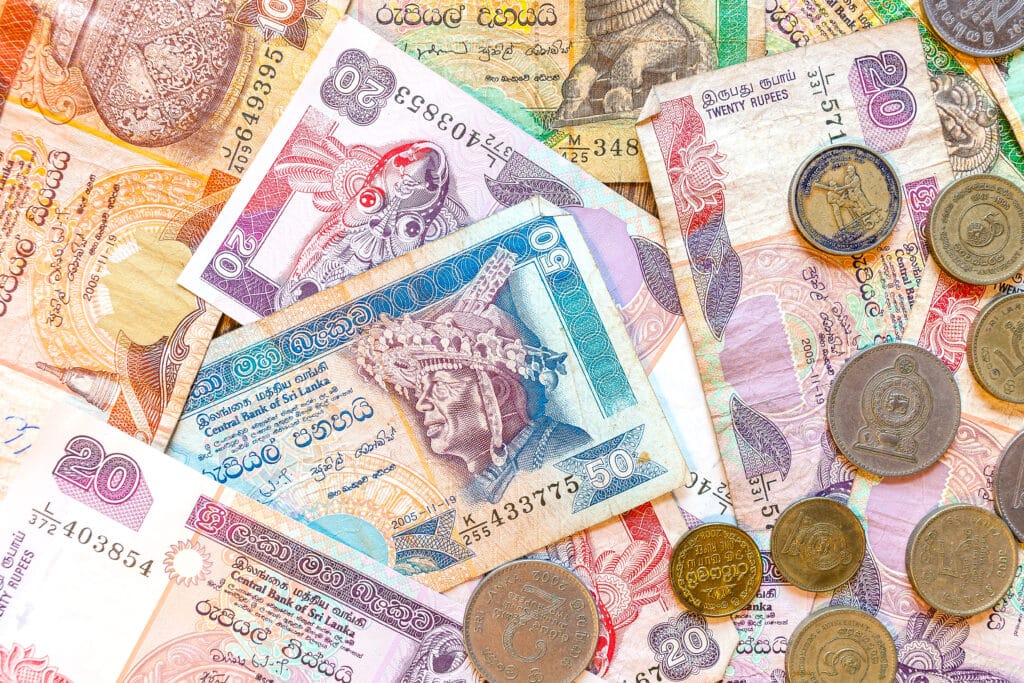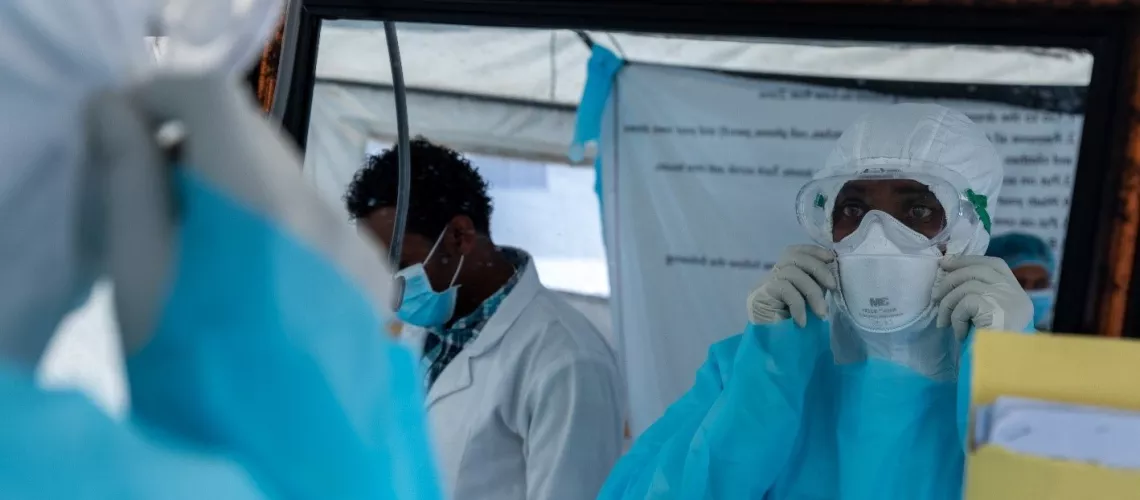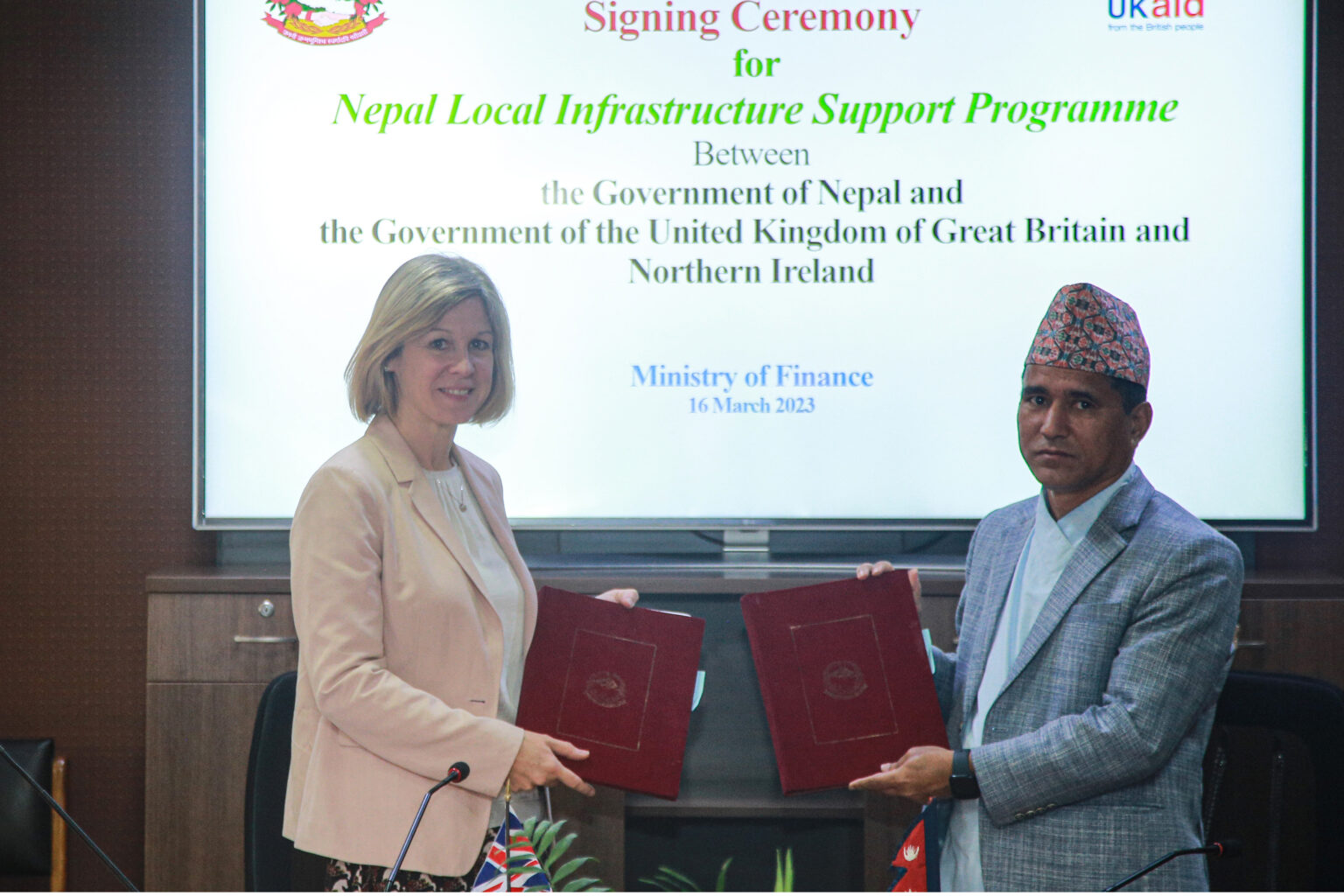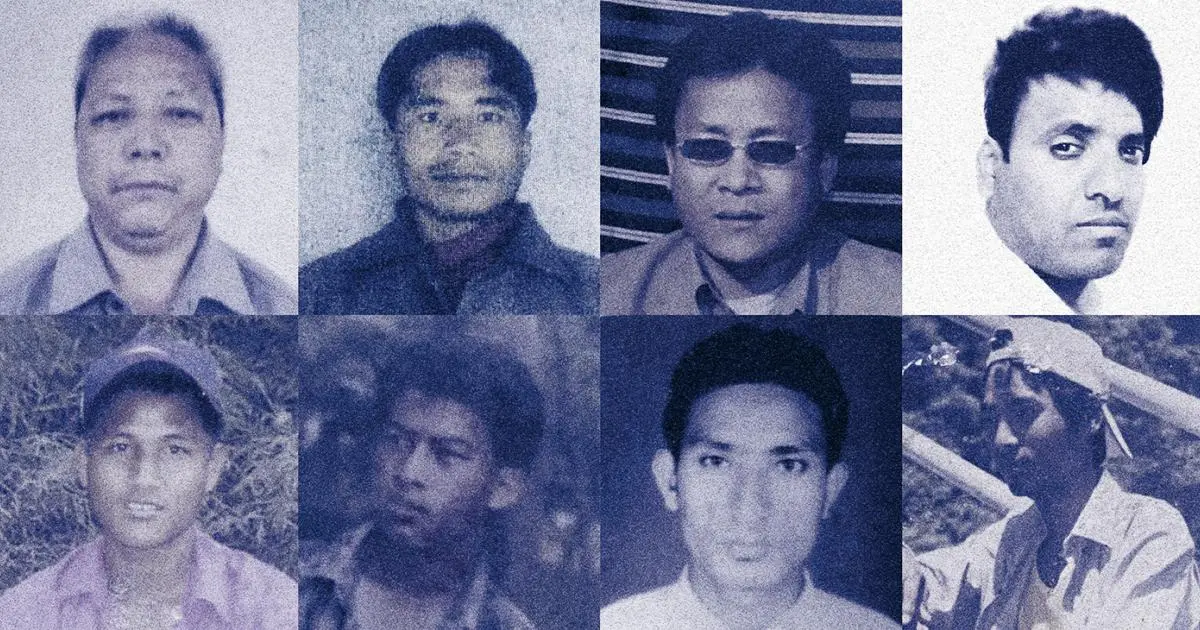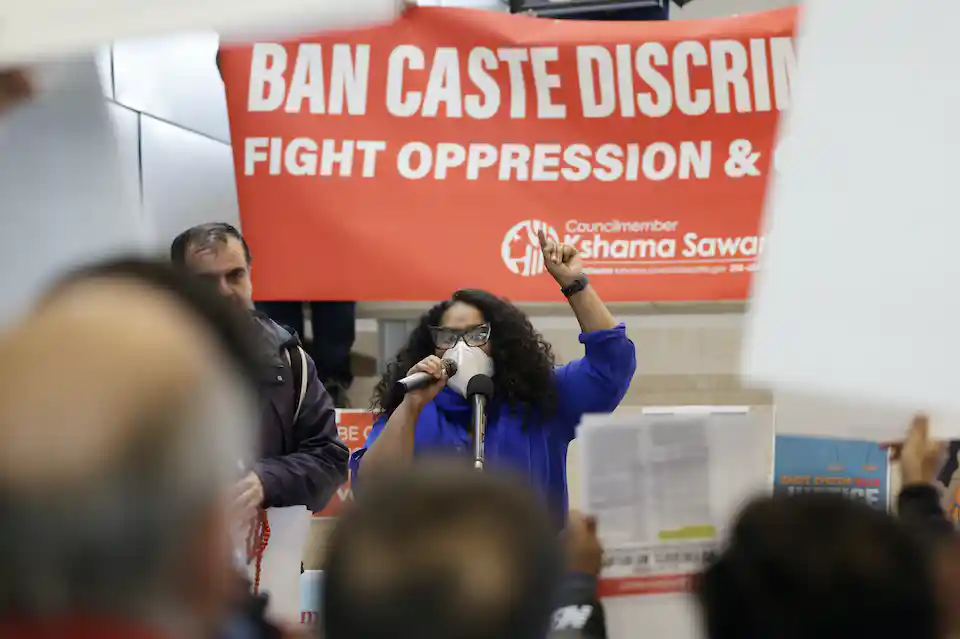Seattle became the first city in the U.S. to outlaw caste-based discrimination against immigrants from stigmatized groups in South Asia’s traditional social hierarchy.
The ordinance, adding caste to Seattle’s existing anti-discrimination policies, was proposed by Kshama Sawant, the only Indian American councilwoman in the city, which is home to an estimated 75,000 Indian Americans. Sawant, herself from a privileged caste background, has been a vocal critic of the discriminatory caste system. Sawant said the ordinance – which was approved on Feb. 21, 2023 – would help put an end to an “invisible and unaddressed” form of discrimination in Seattle.
A year ago, in January 2022, the California State University, America’s largest public higher education system, also added caste to its anti-discrimination policy, allowing students, staff and faculty across its 23 campuses to report caste bias and discrimination.
Influential interest groups advocating for the Hindu community in the U.S. have opposed the Seattle decision. The Coalition of Hindus in North America, a Hindu advocacy group, has called it “nothing but bigotry against the South Asian community by using racist, colonial tropes of caste.”
While the caste system is often conflated in Western media with the Hindu religion and India alone, that is far from the truth. As social scientists specializing in South Asian studies, we assert that the caste system neither is exclusive to the Hindu religion nor is it restricted to India and Indians.
Caste in South Asia
While the caste system originated in Hindu scriptures, it crystallized in its current form during British colonial rule and has stratified society in every South Asian religious community. In addition to India, it is present in Pakistan, Bangladesh, Nepal, Sri Lanka, Maldives and Bhutan.
Social, economic and political status in this pernicious system is tied to traditional occupations fixed by birth. Brahmins, for example, who were traditionally assigned priestly work, are at the top, and Dalits, relegated to the bottom, are forced into occupations that are considered abject in South Asia. These include janitorial work, maintaining sewage systems, skinning dead animals, and leather tanning. Strict rules of caste-based marriages maintain these boundaries firmly.
Caste organizes social life not only among Hindus but also in Muslim, Christian, Sikh and Buddhist communities in the region. It is an intergenerational system based on birth into a caste group. Caste identities stay even generations after someone converts out of Hinduism and into any of these faiths.
Among South Asian Christians, Anglo-Indians – of mixed descent from Indian and British parents – are parallel to Brahmins, who remain at the top of the hierarchy. Middle-level Hindu castes come next, followed by those from Indigenous backgrounds. Those who converted to Christianity from Dalit groups are placed at the bottom. In other words, the system remains unchanged.
Muslims across the region are organized with the minority Ashraf communities at the top. The Ashraf community claims noble status as the “original” Muslims in South Asia because of their descent from Central Asian, Iranian and Arab ethnic groups. The middle in this social hierarchy is composed of Ajlaf, considered to be “low-born” communities that converted from Hindu artisanal castes. The group at the bottom includes converts from Dalit communities who are identified with the demeaning term Arzal, which means vile or vulgar.
In the Sikh community, the powerful landowning caste, Jat-Sikhs, are at the top, followed by converts from Hindu trading communities in the middle and converts from lower-caste Hindu communities, Mazhabi Sikhs, at the bottom.
While Buddhism in India is close to being casteless, its dominant versions in Sri Lanka and Nepal have caste-based hierarchies.
Caste carries over after conversion
While many of the so-called lower-caste groups converted to escape their persecution in Hinduism, their new religions did not treat them as fully equal.
South Asian Christians, Muslims, Sikhs and Buddhists with Dalit family histories continue to face prejudice from their new co-religionists. They are excluded from or experience segregation at shared places of worship and sites of burial or cremation across all these regions.
Social scientists have shown that strict caste-based rules continue to regulate social organization and everyday interactions. Intercaste marriages are rare: for example in India, they have stagnated at about 5% of all marriages over the past several decades. When they take place, rule-breaking individuals risk violent retribution.
While urbanization and education have normalized everyday interactions across caste groups in shared urban spaces, entertaining lower-caste individuals in upper-caste households is still taboo in many families. A 2014 survey found one in every four Indians to be practicing untouchability, a dehumanizing practice in which people from Dalit castes are not to be touched or allowed to come in contact with upper-caste individuals. Untouchability was prohibited in India in 1950 when its egalitarian constitution came into force.
However, homeownership is segregated by caste, and religion and caste discrimination is pervasive in the rental market, where residential associations use flimsy procedural excuses for keeping lower-caste individuals out.
Lower castes are expected to defer to the higher status of upper castes, refrain from expressing themselves in shared spaces and avoid displaying material affluence. They risk being punished by socioeconomic boycotts, which could include ostracizing the Dalits or keeping them out of employment.
It may even include assault or murder. In Pakistan, anti-blasphemy laws are used as a pretext for caste violence against Dalits, many of whom have converted to Christianity.
Caste and life outcomes
Studies show that caste-based identity is a major determinant of overall success in South Asia. Upper-caste individuals have better literacy and greater representation in higher education. They tend to be wealthier and dominate private-sector employment, as well as entrepreneurship.
While affirmative action programs initiated by the British and continued in independent India have made improvements in the educational levels of lower-caste groups, employment opportunities for them have been limited.
Studies also demonstrate how caste identity affects nutrition and health through purchasing power and access to health services.
Most socioeconomic elites in South Asia, regardless of religion, are affiliated with upper-caste groups, and the vast majority of the poor come from lower-caste groups.
Caste in the diaspora
Scholars have documented similar discriminatory practices in the diaspora in the U.K., Australia, Canada and the African continent.
Caste has started getting recognition as a discriminatory category, especially in the U.S., in recent years. A 2016 survey, “Caste in the USA,” the first formal documentation of caste discrimination within the U.S. diaspora, found that caste discrimination is pervasive across workplaces, educational institutions, places of worship and even in romantic partnerships.
In 2020, the state of California sued Cisco Systems, a technology company in the Silicon Valley, on a complaint against caste-based discrimination. Harvard University, Colby College, University of California, Davis, and Brandeis University have recognized caste as a protected status and have included it in their nondiscrimination policies.
Seattle’s new ordinance may trigger similar moves across other U.S. cities where South Asian Americans from nonelite caste backgrounds are settling down and address caste-based discrimination among other South Asian faith communities as well. For now, this ordinance will help put the spotlight on this centuries-old system that denies equality to a substantive secton of the population on the basis of an oppressive ideology.(From – The Conversations)




